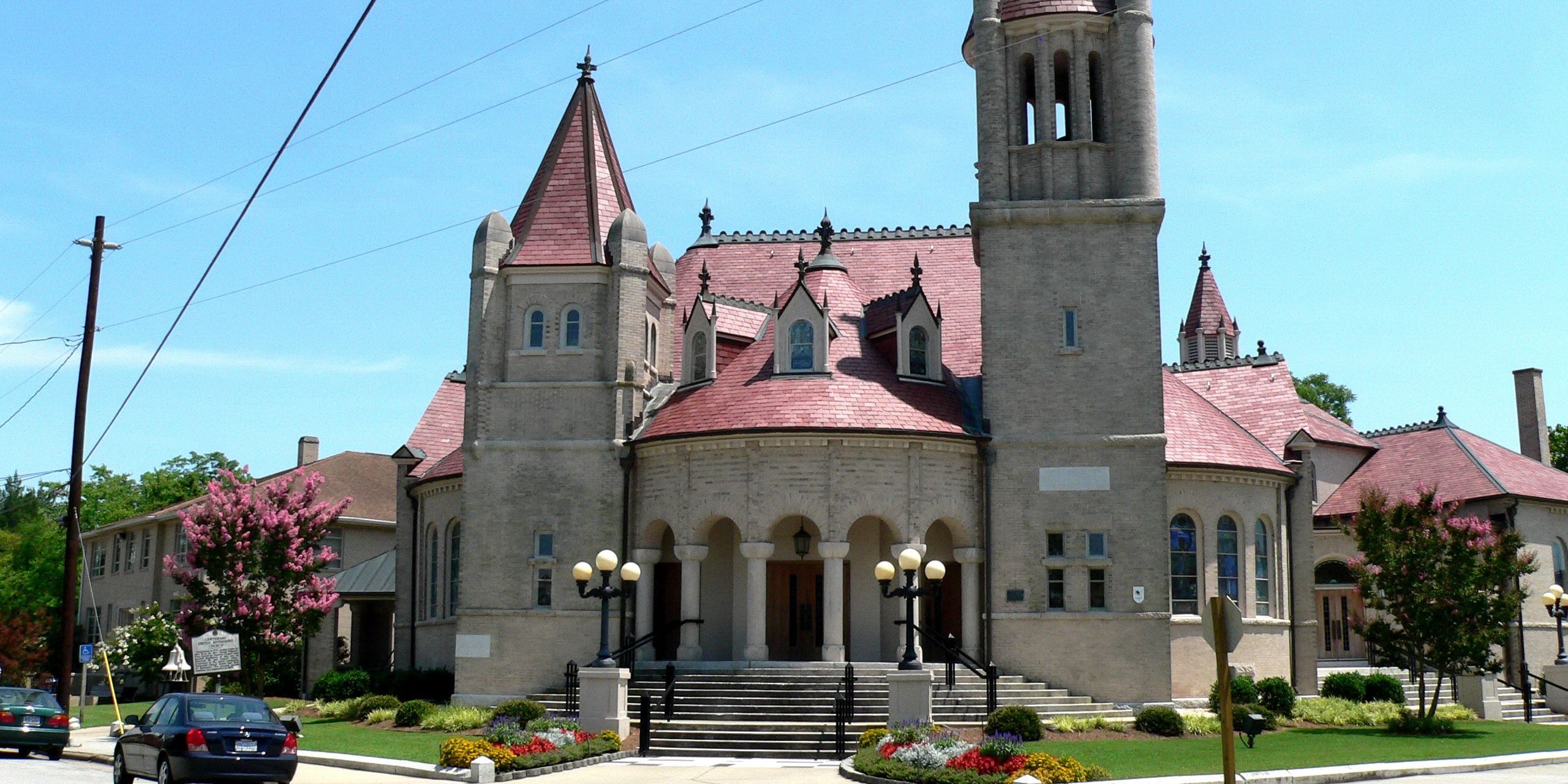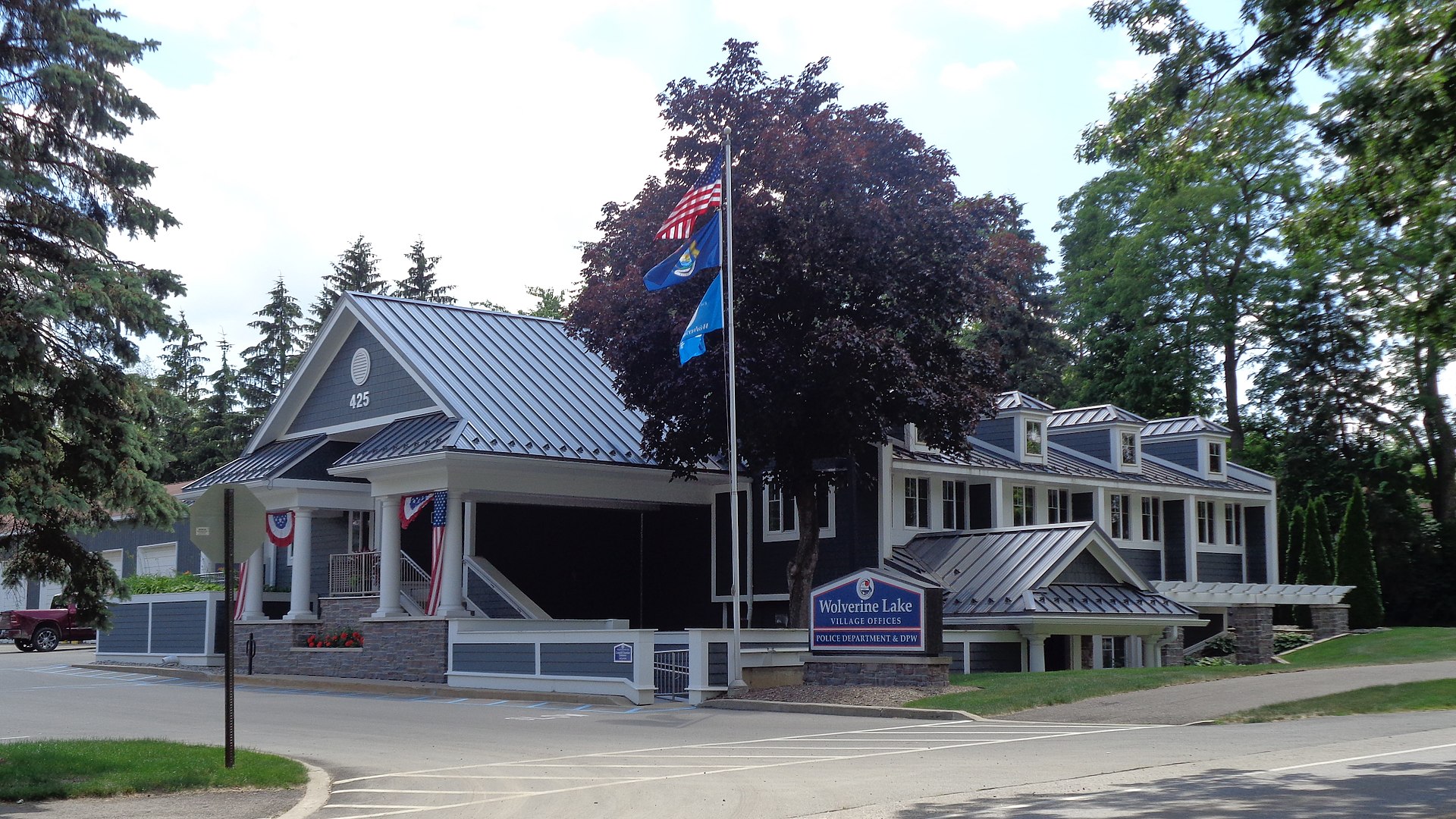Q & A With Christine Stewart

Faculty member Christine Stewart, PT, CMPT began her career specializing in orthopedics and manual therapy and became interested in women’s health after the birth of her second child. Christine joined Olathe Health in 2010 to further focus on women’s health and obtain her CMPT from the North American Institute of Manual Therapy. She also went through Diane Lee's integrated systems model in 2018. Her course, Menopause Transitions and Pelvic Rehab is designed for the clinician that wants to understand the multitude of changes that are experienced in the menopause transition and how they affect the aging process.
What was your motivation for creating this course?
As I was entering my mid-40s, I started to experience some physiological symptoms that were a bit unnerving. My sleep was inconsistent. My menstrual cycle which used to be every 35 days now was every 21 – and it changed. It lasted longer and was much heavier than before. I also started to experience heart palpitations. I sought out care from my primary care doctor, who ran labs and referred me to a cardiologist. I was placed on a halter monitor and underwent a cardiac ultrasound. The tests all came back..... normal. But I didn’t feel normal. What was happening with my body and why didn’t any of the health professionals that I consulted seem to have any answers? That was where my journey began. I started reading and researching. What I soon learned was that these symptoms, while bothersome and a little unnerving, were common. They often begin as the ovary is changing in its ability to produce hormones. I learned there are ways to manage symptoms through lifestyle choices and treatments that can help in a stage of life that can last for over 20 years. I then started to listen, really listen, to what my patients were telling me about their bodies. I had answers for them about what they were experiencing and could offer some solutions and referrals to the appropriate healthcare providers. While they were all very grateful, I kept hearing the same frustrations. Why don’t more healthcare providers know about perimenopause and menopause? Why am I being told that I must live with my symptoms? Why aren’t more providers well-versed in treatment options? That was my “aha” moment. If more healthcare providers knew about these changes and the symptoms that manifest as a result, hundreds if not thousands of patients could get the care that they need. I wrote Menopausal Transitions and Pelvic Rehab in an effort to bridge the gap in knowledge that currently exists for many of the health care providers treating this patient population. It is a culmination of hours of research into hormones, physiology, health impacts, and treatment options during this time.
Who do you think should take this class?
I truly believe all providers can benefit from taking this course! Nearly 50% of the population can spend most of their lifespan in perimenopause and menopause. Gaining a thorough understanding of this phase of life allows providers to educate and lead their patients down a path of more successful aging. They need this information and are eager to learn! In addition, the knowledge gained about lifestyle modifications can be extrapolated to all patients treated daily, not just those in the menopausal transition.
What is your go-to resource for questions about menopause?
One of the most exciting things to see is how the paradigm regarding menopause is changing. There are books, Instagram influencers, Facebook groups, and featured stories appearing in mainstream media. The dialogue surrounding menopause seems to be shifting in a positive way which is great! However, misinformation and false narratives are still being propagated. My resource for the most accurate information is the North American Menopause Society. It is a great site for finding efficacy with treatment options and for debunking much of the fear and myths about menopause.
What has been some of your favorite feedback from participants?
I love to hear about how participants have gained an understanding of their own symptoms and what is happening in their bodies. Getting feedback that they have learned treatment strategies in this course that they will implement in their own lives as well as in the lives of their patients is so exciting. Knowing that clinicians are educating their patients and co-workers on this transition is so meaningful. It thrills me to know the message is going forward!
Menopause Transitions and Pelvic Rehab

Price: $475.00 Experience Level: Beginner Contact Hours: 16.75 hours
Course Dates: August 27-28 and November 11-12
Description: This two-day course is designed for the clinician that wants to understand the multitude of changes that are experienced in the menopause transition and how they affect the aging process. According to the North American Menopausal Society, by the year 2025, 1.5 billion people will be in menopause worldwide. Despite the large population in this transition, health care providers are often unsure of how to treat patients experiencing menopause (Kling 2019).
As clinicians, this is an excellent opportunity to understand the physiological consequences to the body as hormones decline, in order to assist our patients in lifestyle habits for successful aging. Topics will include cardiovascular changes, metabolic syndrome, bone loss and sarcopenia, neurological changes (headache, brain fog, sleeplessness), Alzheimer’s risk, and urogenital changes. Symptoms and treatment options will also be discussed, including hormone replacement, non-hormonal options, dietary choices and exercise considerations. Upon completion of this course, participants will have a basic understanding of the hormonal changes during menopause, the impact on various health systems and interventions that can assist with improving this transition.
By accepting you will be accessing a service provided by a third-party external to https://hermanwallace.com/







































